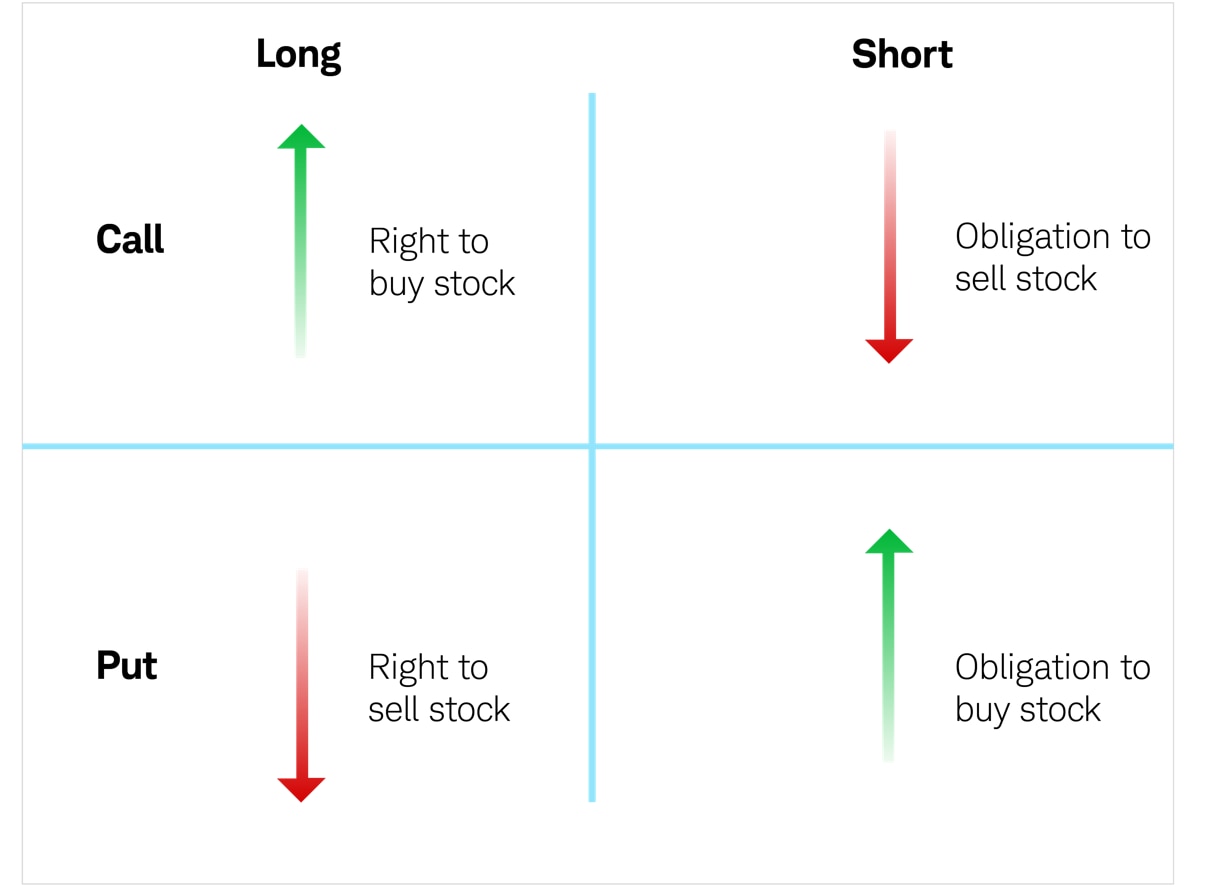Insider trading, the illicit act of buying or selling stocks or options based on material nonpublic information, has long been a scourge on the financial markets. While it’s often difficult to detect, one particularly egregious form of insider trading involves the exercise of options. By exercising options before the release of sensitive information, insiders can reap substantial profits at the expense of the unsuspecting public.

Image: phaseisland17.gitlab.io
Unveiling the Mechanics
Stock options grant holders the right to purchase a set number of shares at a predetermined price, regardless of the market value. Exercising options typically involves paying a small premium to acquire the underlying shares. However, when insiders possess privileged knowledge that the stock price is poised to increase significantly, they can strategically time the exercise of their options to maximize their gains.
Real-Life Instances of Abuse
Unlawful insider trading using options has made headlines in recent years. In one notable case, a former employee of a major pharmaceutical company purchased numerous call options before the announcement of a blockbuster drug deal. Armed with inside information about the impending surge in stock price, the individual exercised their options and pocketed millions in illicit profits.
Consequences and Legal Actions
Insider trading is a serious offense, often punished with both civil and criminal penalties. Regulators like the Securities and Exchange Commission (SEC) actively pursue individuals engaged in this illegal practice. The SEC has strict rules governing options trading, particularly during periods of potential insider trading.

Image: navi.com
Identifying Warning Signs
Recognizing insider trading can be challenging, but there are telltale signs that may arouse suspicion. Unusual trading patterns, particularly large or atypical orders in a single stock or option, can be a red flag. Increased trading volume without corresponding news or market events also warrants scrutiny.
Ethical Implications and Market Integrity
Insider trading undermines the integrity of the financial markets by giving a select few an unfair advantage. It deprives investors of a level playing field, distorts stock prices, and erodes public trust in the system. The preservation of fair and equitable markets for all participants is paramount.
Current Trends and Developments
Law enforcement agencies and regulatory bodies are constantly adapting their strategies to combat insider trading. Advances in technology, such as algorithmic trading and data analytics, have enabled authorities to detect suspicious patterns and identify potential offenders more efficiently.
Protecting Investors from Deception
Investors can take steps to protect themselves from falling prey to insider trading. Thoroughly researching companies and their insiders, being aware of potential conflicts of interest, and avoiding investing based on rumors or hearsay can help minimize the risks.
Insider Trading Exercise Of Options
Conclusion
Insider trading through the exercise of options is a grave violation that undermines the fairness and integrity of the financial markets. By understanding the methods and consequences of this illegal practice, investors can protect themselves and promote a level playing field for all market participants. Continuous vigilance by regulators and cooperation from the public are essential to safeguarding the integrity of our financial system.






